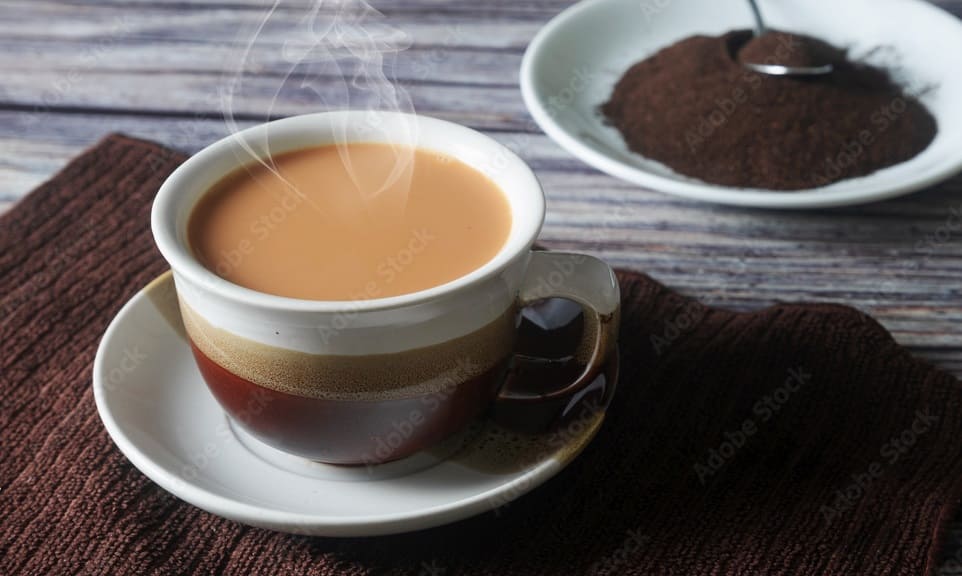Milk tea has captured hearts around the world, becoming a go-to drink for many. Whether you’re savoring a cozy cup at home or indulging in a trendy bubble tea with friends, this creamy, comforting beverage is hard to resist. However, with all the chatter about health these days, some people have begun to wonder: can milk tea really cause cancer?
In this post, we’ll take a friendly dive into the facts and myths surrounding milk tea, exploring its ingredients and what they really mean for your health. Let’s dive into this topic and separate fact from fiction.
What’s in Your Milk Tea?
First off, let’s talk about what makes up this delightful drink. Typically, milk tea consists of three main ingredients: tea, milk, and sweeteners. Each of these plays a role in your overall health:
- Tea: Rich in antioxidants, especially polyphenols, tea can actually do your body some good. Studies have hinted that regular tea consumption might help lower the risk of certain cancers. So, your favorite brew isn’t just a tasty treat—it could have some benefits!
- Milk: The type of milk you choose makes a difference. Dairy milk provides calcium and vitamin D, but it can also contain hormones. Non-dairy alternatives, like almond or oat milk, are becoming popular and can offer different nutritional benefits. It’s all about finding what works for you.
- Sweeteners: This is where things can get tricky. Many of us love a sweet cup of milk tea, but too much sugar can lead to weight gain and increase the risk of health problems, including cancer. If you’re a fan of sugary drinks, it might be worth keeping an eye on how much you’re adding.
The Cancer Connection: Can Milk Tea Cause Cancer?
Milk tea, enjoyed by many, does not directly cause cancer, but certain factors associated with it, such as high sugar content and the consumption of very hot beverages, can potentially increase cancer risk.
1) High Sugar Content:
As mentioned, excessive sugar intake can lead to obesity and other health issues. Obesity is a known risk factor for various cancers, including breast, colon, and endometrial cancers. If you’re consuming milk tea regularly with high sugar levels, it might contribute to weight gain, which can increase cancer risk.
2) Hormones in Dairy:
Some studies suggest that hormones present in dairy milk could potentially influence hormone-related cancers, such as breast and prostate cancer. However, the evidence is not definitive, and more research is needed to establish a clear link.
3) Brewing Methods and Temperatures:
Interestingly, the way you prepare your milk tea can also play a role. Consuming very hot beverages has been classified as a probable carcinogen by the International Agency for Research on Cancer (IARC). This classification is based on studies showing that drinking beverages at extremely high temperatures may increase the risk of esophageal cancer. If you enjoy your milk tea steaming hot, it might be wise to let it cool down a bit before sipping.
Enjoying Milk Tea the Right Way
While there are some concerns about certain aspects of milk tea, it’s essential to approach this topic with moderation in mind. Here are a few takeaways:
- Choose Wisely: Opt for lower-sugar versions and try non-dairy milk if you’re concerned about hormones.
- Mind the Temperature: Let your milk tea chill for a moment before drinking to avoid any potential risks from heat.
- Enjoy in Moderation: Like any treat, moderation is key. Enjoy your milk tea as part of a balanced diet, and you’ll likely be just fine.
Final Thoughts
In the end, while there are some discussions around the risks of milk tea, it doesn’t mean you have to give it up entirely. It’s all about balance and making informed choices. So, the next time you’re sipping on your favorite milk tea, do it with a smile, knowing you can enjoy it without too much worry.
Also Read:
